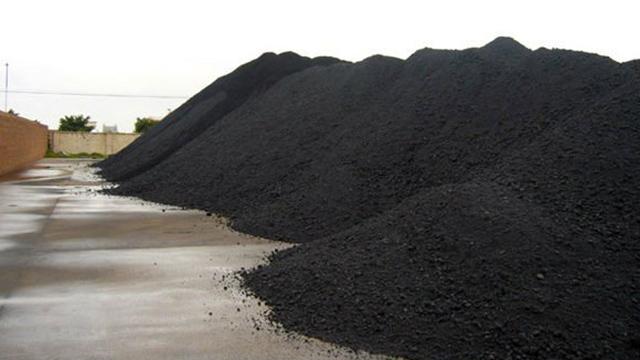
Refining Canada’s oil sands into gasoline may speed global warming more than previously estimated after accounting for use of a waste product, which can be burned like coal.
Opening a new front in a fight to persuade President Barack Obama to reject the Keystone XL pipeline, which would carry oil sands from Alberta to the U.S. Gulf Coast, environmental groups last week released a study that found refining the heavy material will create 5 billion tons of petroleum coke, or petcoke, that’s used by power plants, aluminum factories and steel mills.
Compared with coal, petcoke is cheaper and releases more carbon dioxide when burned. Much of the U.S. supply is exported.
“Petcoke is the coal hiding in the tar sands,” said Lorne Stockman, research director for Oil Change International, a Washington-based advocacy group that works for a transition away from fossil fuels. Until now, “the emissions of burning petcoke has not been included in the analyses.”
Opponents of TransCanada Corp. (TRP)’s 1,661-mile (2,673- kilometer) pipeline are stepping up their efforts to stop the project as the U.S. State Department completes its review of a new route in Nebraska that avoids drinking water supplies. Obama rejected the pipeline year ago, citing concerns about water, and encouraged the company to reapply.
Stockman said he gave State Department officials a research report yesterday showing that 15 percent to 30 percent of a barrel of oil sands bitumen can end up as petcoke. A lighter crude would have less than 2 percent, he said. Carbon Footprint
“There is not a true picture of the carbon footprint” for Keystone without considering petcoke, said Deborah Gordon, a senior associate in the energy and climate program at the Carnegie Endowment for International Peace, in an interview.
The pipeline’s route has been subjected to four years of government reviews, which found no risks to environmental resources in the states, Shawn Howard, a TransCanada spokesman, said yesterday in an e-mail.
“Let’s be frank: this is not about the Keystone XL pipeline, diluted bitumen, emissions or a substance that is in a particular blend of oil,” Howard said. “It’s about a group that wants to end the use of fossil fuels entirely.”
A spokesman for Oxbow Corp., the nation’s largest petcoke independent marketer, dismissed the group’s report linking petcoke and the pipeline.
“We don’t have a dog in the fight” over Keystone, said Brad Goldstein, a spokesman for the West Palm Beach, Florida- based Oxbow. Global Warming
Environmentalists say that the decision on the pipeline will be a key, first step that determines if Obama is serious about tackling global warming in his second term.
Pipeline backers say Keystone, which is proposed to cross six U.S. states, will create thousands of jobs and reduce the need for the U.S. to import oil from less friendly countries. Republicans have criticized Obama for denying TransCanada’s original application.
Saskatchewan Premier Brad Wall and the Republican governors of 10 U.S. states including Arizona, Texas and Utah wrote Obama yesterday, urging him to advance the project. The pipeline is “fundamentally important to the future economic prosperity” of both nations, they wrote.
The State Department’s final environmental assessment of the original Keystone route said the project was “not likely to impact the amount of crude oil produced from the oil sands.” Canada would find other buyers if the U.S. balked at approving the pipeline, it said.
3 WAYS TO SHOW YOUR SUPPORT
- Log in to post comments














